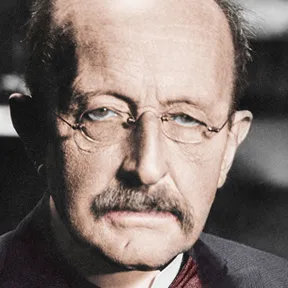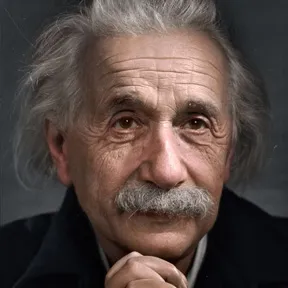Max Planck | Quantum Physics
Quantum mechanics (also known as quantum physics, or quantum theory) is a fundamental branch of physics which deals with physical phenomena at nanoscopic scales, where the action is on the order of the Planck constant.
It departs from classical mechanics primarily at the quantum realm of atomic and subatomic length scales. Quantum mechanics provides a mathematical description of much of the dual particle-like and wave-like behavior and interactions of energy and matter.
Quantum mechanics provides a substantially useful framework for many features of the modern periodic table of elements, including the behavior of atoms during chemical bonding, and has played a significant role in the development of many modern technologies.
Max Karl Ernst Ludwig Planck, (April 23, 1858 – October 4, 1947) was a German theoretical physicist who originated quantum theory, which won him the Nobel Prize in Physics in 1918.
Planck made many contributions to theoretical physics, but his fame as a physicist rests primarily on his role as an originator of the quantum theory. However, his name is also known on a broader academic basis, through the renaming in 1948 of the German scientific institution, the Kaiser Wilhelm Society (of which he was twice president), as the Max Planck Society (MPS). The MPS now includes 83 institutions of scientific specialties, such as the Max Planck Institute for Evolutionary Anthropology.
Max Planck's quantum theory revolutionized human understanding of atomic and subatomic processes, just as Albert Einstein’s theory of relativity revolutionized the understanding of space and time. Together they constitute the fundamental theories of 20th-century physics.




















